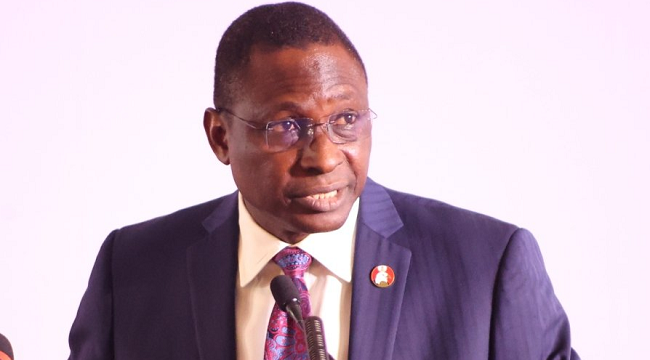The EFCC chairman, Mr Ola Olukoyede, gave this warning at the Gombe State Local Government Summit on Wednesday. He urged council chairmen and executives to resist the temptation of fraud.
He emphasised that council chairmen and executives at the local government level do not have immunity. Any breach of financial law will be prosecuted without delay.
With local government autonomy granted by the Supreme Court, Olukoyede said the commission would deploy more personnel to Gombe State to monitor fund management.
“Only the Governor and Deputy Governor have constitutional immunity. Local council chairmen, you do not have immunity,” he stated.
He added that the EFCC would not wait for officials to finish their tenure before ensuring accountability and transparency in financial matters.
Olukoyede reminded council chairmen that financial autonomy does not come with constitutional immunity. Therefore, their use of public resources would be strictly monitored.
He described the Supreme Court’s decision on local government autonomy and direct allocation of funds as a welcomed development that should improve council funding.
However, he expressed concerns that such funds might not be used properly, given councils’ history of financial mismanagement and lack of accountability.
According to him, council resources have often been misused, turning councils into ATMs for corrupt officials who divert public funds for personal gain.
The EFCC chairman noted that councils’ financial struggles and inability to meet community obligations raised concerns about their fiscal viability and effectiveness.
Many council chairmen have blamed inefficiency on state governors’ influence and the hijacking of local government resources, he said.
With financial autonomy, such excuses would no longer be valid, and chairmen would be held responsible for mismanagement in their councils.
He advised council chairmen to embrace accountability and financial integrity, using autonomy to implement life-changing projects in their communities.
He also urged them to improve their capacity to manage resources effectively, ensuring transparency and compliance with financial laws.
“Acquire more knowledge and build your capacity on relevant laws guiding financial management. Ignorance of the law is not an excuse,” he warned.
The News Agency of Nigeria (NAN) reports that the summit’s theme was ‘Local Government Autonomy, Fiscal Responsibility and Sustainable Development.’ (NAN)











